Fact-check: Are these pictures of South Sudanese burned in Libya?
There is no evidence that these are South Sudanese; besides, the pictures have been online since January 25, 2024.
Writer: Jibi Moses
Pictures making the rounds on Facebook, allegedly of fifteen (15) South Sudanese burnt in Libya, are unproven.
The pictures, first shared by Gogrial Global TV on March 7, 2024, went viral and were shared by other pages, individual profiles, and WhatsApp groups. Some other shared and posted pages are 1, 2, and 3.
The pictures that were shared with a lengthy write-up allegedly describe how 16 South Sudanese fleeing the war in Sudan, who were planning to cross to Europe through the Mediterranean Sea, were burned by a Libyan bus driver with the help of a co-driver. According to the page, 15 people died, and one is struggling for his life. They claim the incident happened on March 5.
“At least 15 South Sudanese young men have been reportedly burnt to death, and one barely survived in Libya. The unlucky 16 South Sudanese hired a bus to drop them off from the town to make their way to Europe via the Mediterranean Sea. The article is partially read.
Screenshots of the message and the pictures
Claim Verification:
Given that no news is reported in the mainstream media, either local or international, 211 Check decided to do a reverse image search on the pictures, and the results brought up several instances where the pictures were used before.
Pour Tout Juriste Qui Croit En La Justice, a Facebook page based in Farcha, Chad, published in French. On January 26, 2024, shared the pictures with words in French that translate, as seen below,
Cet homme a été asperger d’essence et brûlé vif par des libyens racistes sous prétexte de changer sa peau noire par la brûlure. L’ Afrique du Nord est en déroute par des mentalités racistes révolues
Google Translate:
This man was sprayed with gasoline and burned to death by racist Libyans under the pretext of changing his black skin by burning. North Africa is messed up with racist mindsets.
A screenshot of the Pour Tout Juriste Qui Croit En La Justice post.
Meanwhile In Africa, a Facebook page whose admin lives in Grand Gedeh County, Liberia, posted an article with the same pictures on January 28, 2024.
“This is the fate reserved for migrants who fail to pay the demanded ransom in the detention centre in Libya. Each migrant has a price, depending on nationality and gender. The most expensive migrants are those coming from East Africa,” reads the post partly.
Screenshots from the Meanwhile in Africa Facebook page.
Other pages that used the pictures can be seen here, here, and here.
Conclusion:
211 Check has found that although these pictures that have been on the internet as far back as January 25, 2024, seem to have originated in Libya, the exact date they were taken has yet to be established. Therefore, the claim that the pictures are of South Sudanese who were allegedly burned in Libya on March 5, 2024, is unproven.
To ensure accuracy and transparency, we at 211 Check welcome corrections from our readers. If you spot an error in this article, please request a correction using this form. Our team will review your request and make the necessary corrections immediately, if any.
It’s vital to fight misinformation and disinformation in the media by avoiding fake news. Don’t share content you’re uncertain about. False information can harm and mislead people, risking their lives—Fact-check before sharing. For more details, visit https://211check.org/ or message us on WhatsApp at +211 921 350 435. #FactsMatter

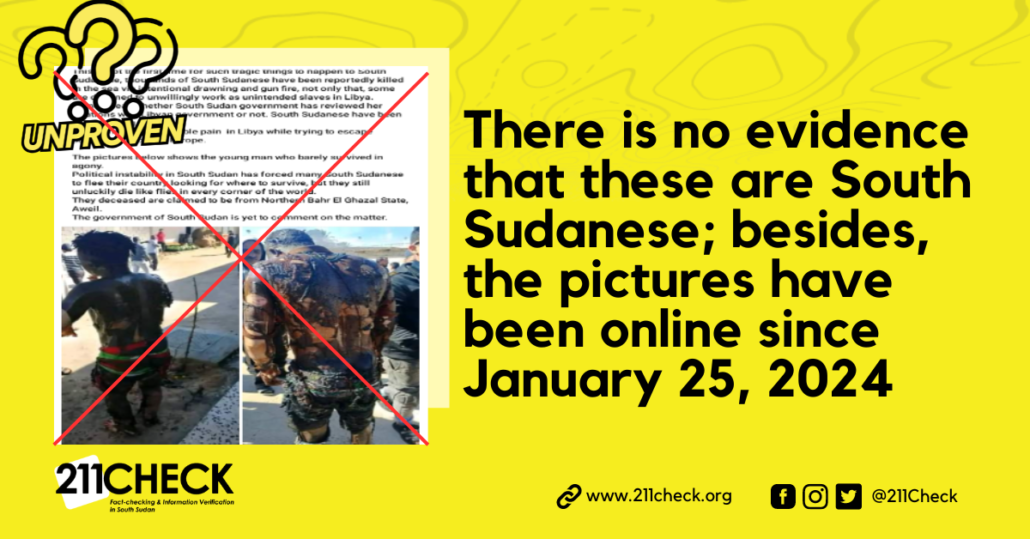
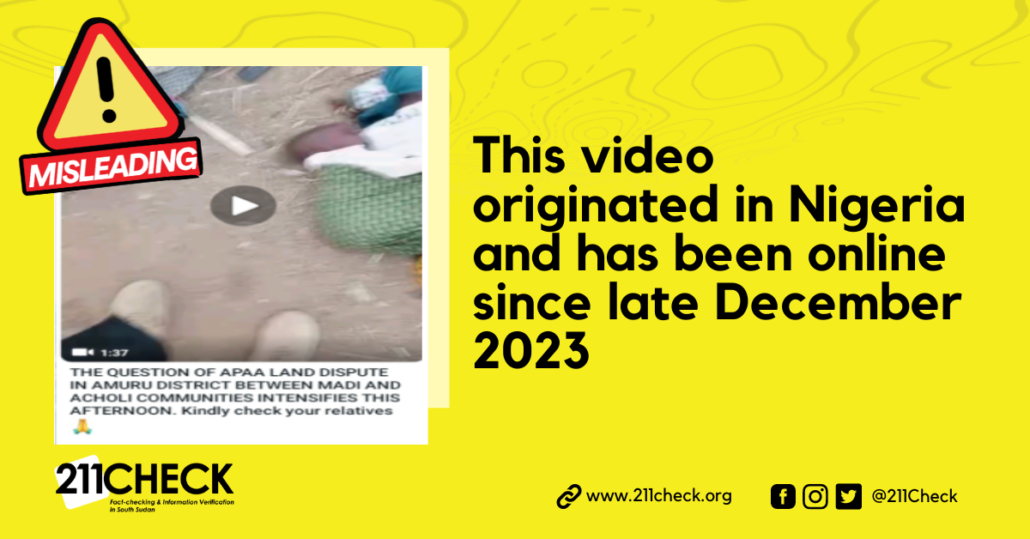
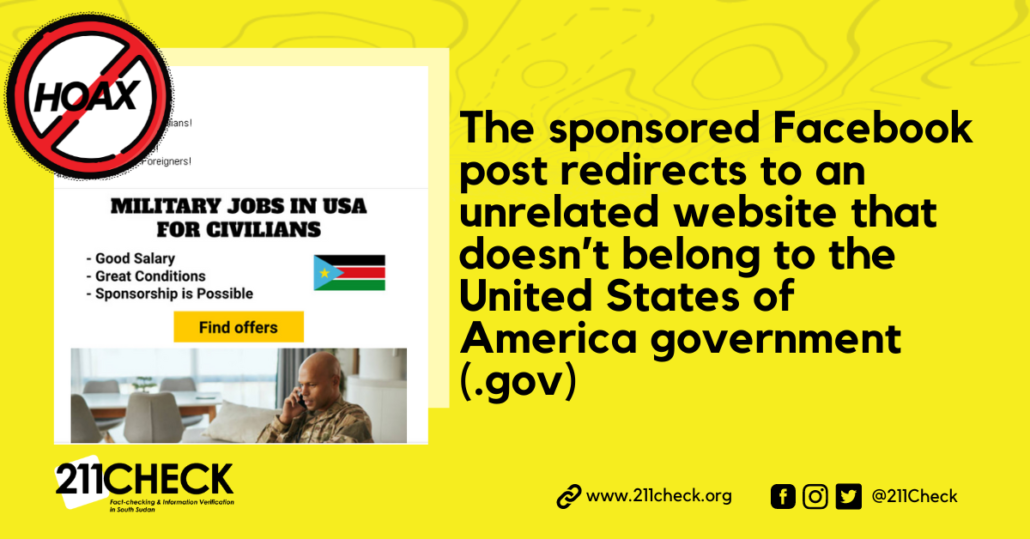
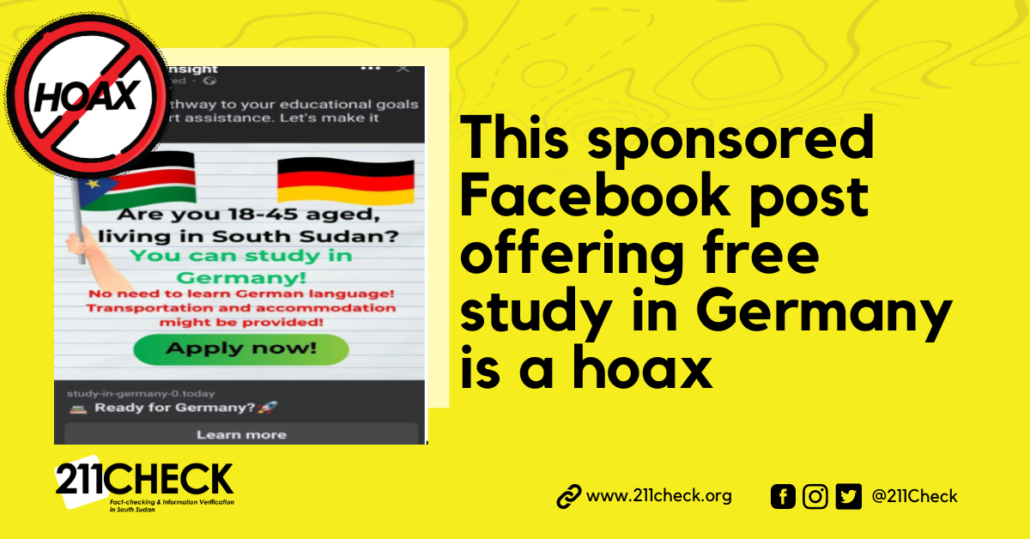
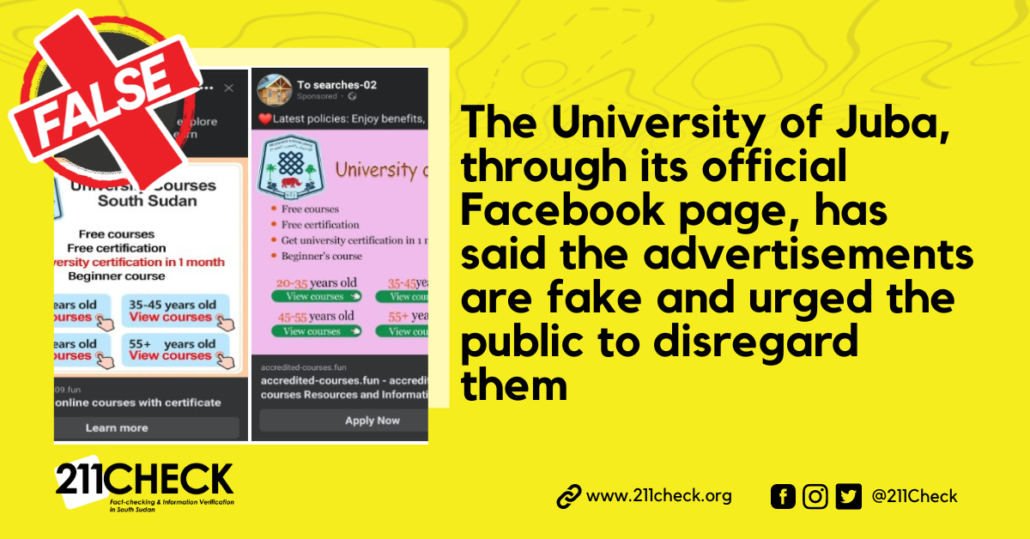
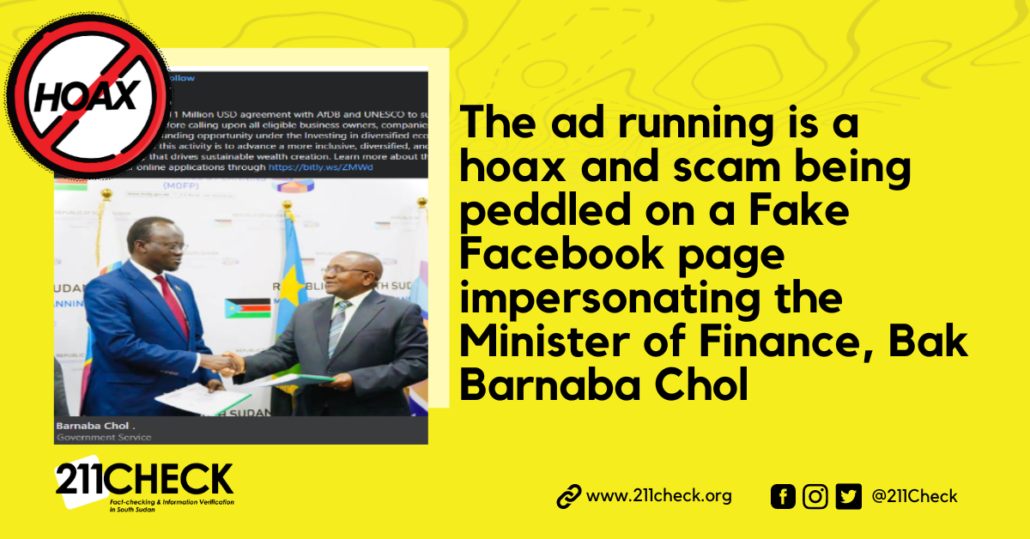
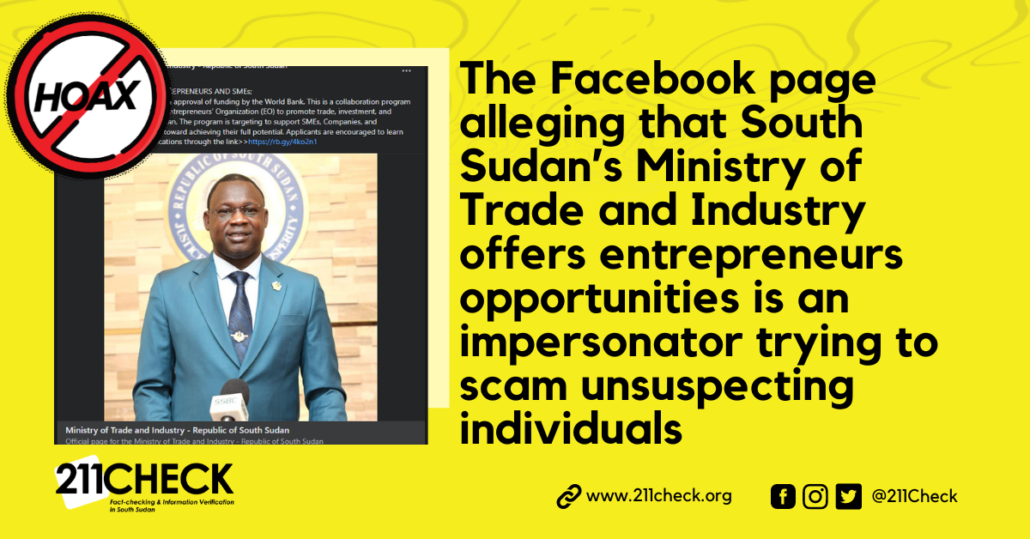
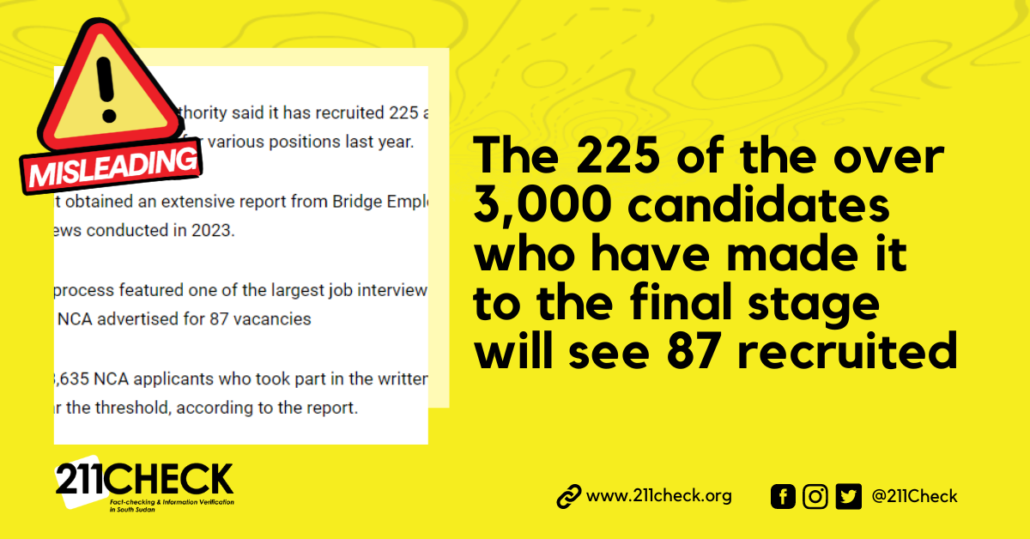 211 Check
211 Check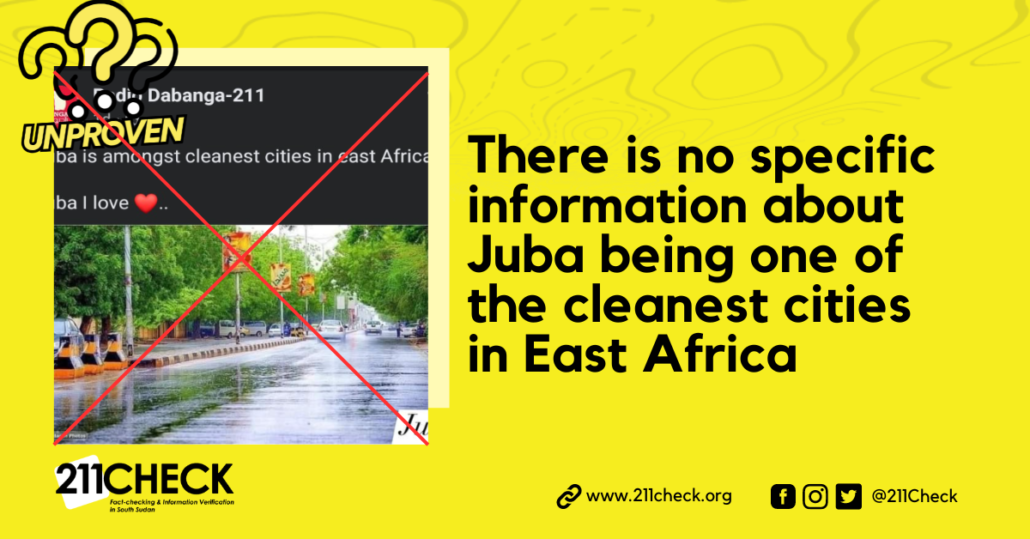
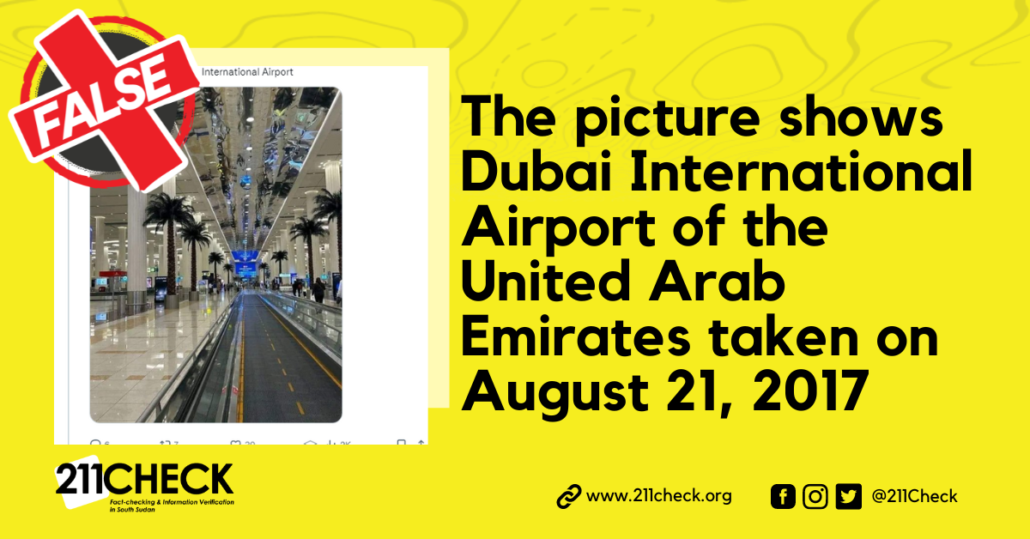 211 Check
211 Check